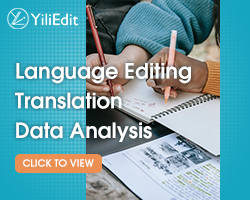Editor-in-Chief:
Ahmed EI Hashash,
Department of Stem Cell and Regenerative Medicine, University of Southern California , Los Angeles, USA
ISSN: 2164-0831 (Online)
ISSN: 2164-0823 (Print)
Frequency: quarterly
Submission to final decision:
60-90 days
Acceptance to publication: 15 days
Category:
Educational Theories
Instructional Methods & Process
Education Issues & Reviews
© 2025 The Author(s). Published by Exploration and Verfication Publishing



